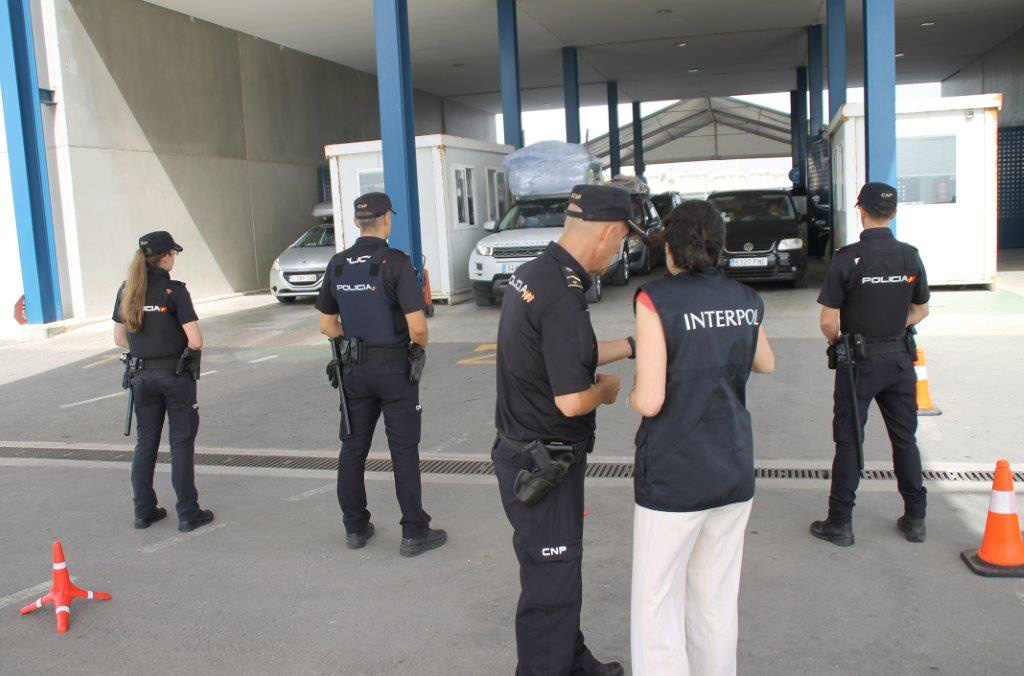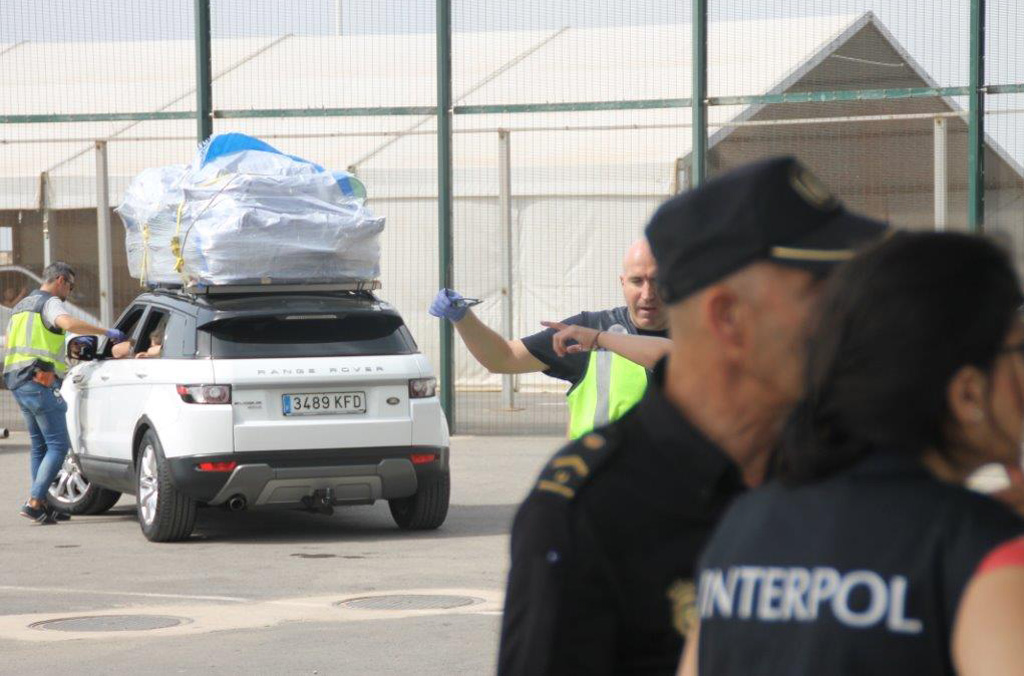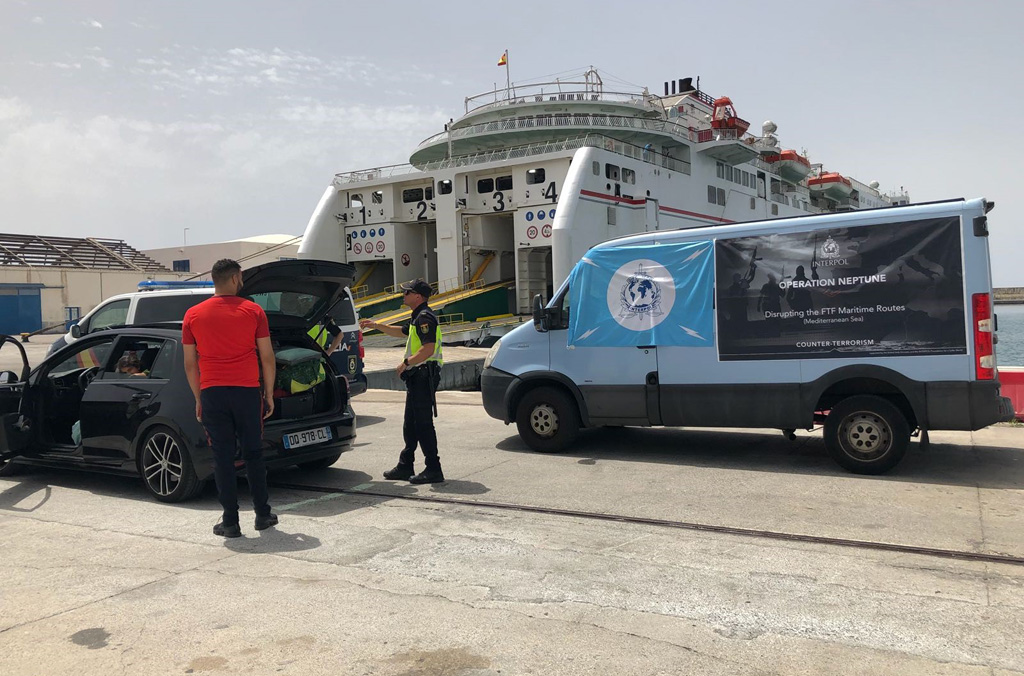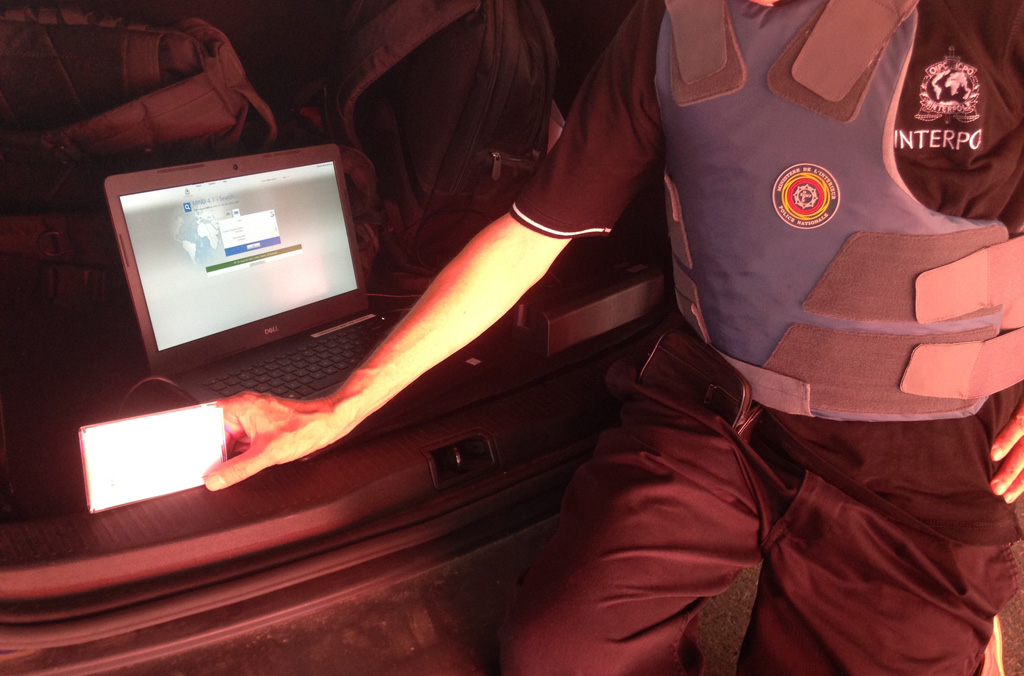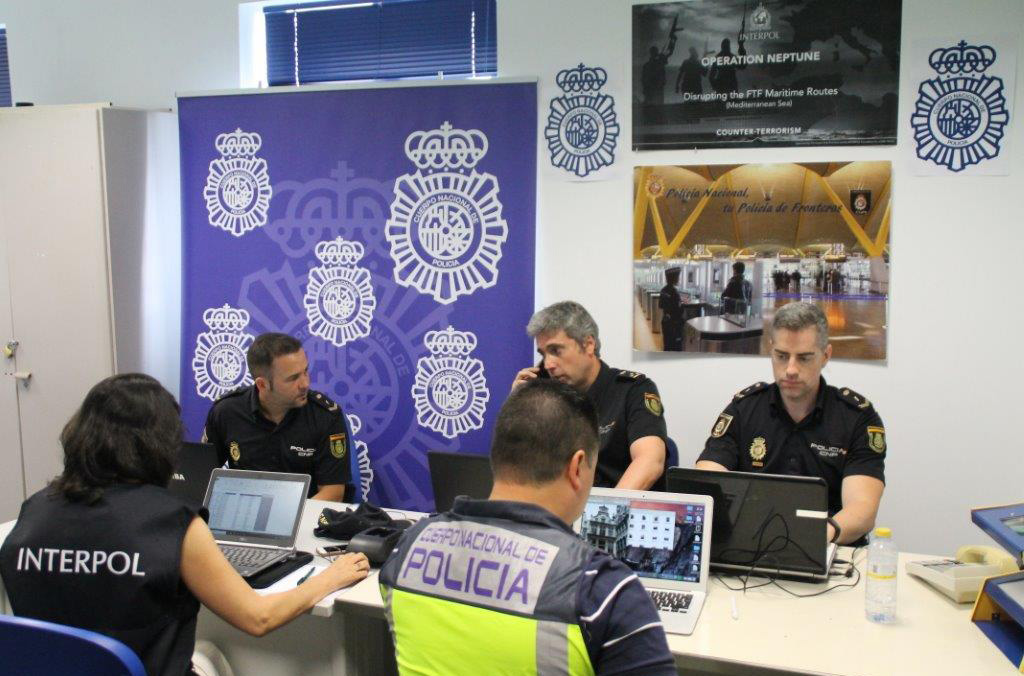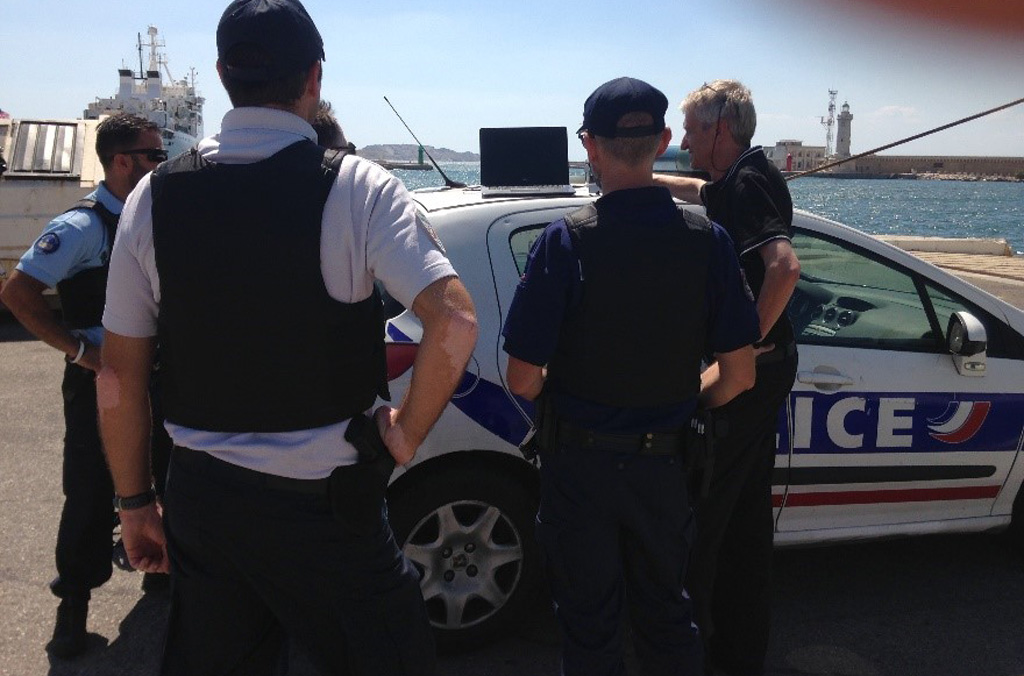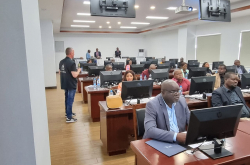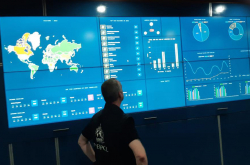LYON, France -- INTERPOL has deployed officers to eight Mediterranean seaports to assist local authorities screen travelers and detect potential terrorists during the summer tourist season.
Codenamed Operation Neptune, the counter-terrorism sea border operation addresses the threats posed by the travel of foreign terrorist fighters using Mediterranean maritime routes between North Africa and Southern Europe, as well as by people, drugs, or firearms traffickers.
In the first week of Operation Neptune, more than 350,000 searches of INTERPOL databases resulted in the detection of four suspected foreign terrorist fighters and the localization of a missing person.
Curbing foreign fighter travel
To reduce cross-border movement of terrorists throughout operations, countries are checking travellers’ identity and passport information against INTERPOL’s criminal databases via its I-24/7 secure global police communications network.
With stolen travel documents a key asset for terrorist mobility, particularly foreign terrorist fighters returning from conflict zones, access in the field to the INTERPOL’s database on stolen and lost travel (SLTD) documents was a key element of Operation Neptune, with dozens of stolen passports already detected in the field.
“While much of the world’s focus on border security has been on air and land borders, potential security threats from the sea receive less attention,” said INTERPOL’s Counter Terrorism Director Patrick Stevens.
“The issue of traveling foreign terrorist fighters is of concern to all INTERPOL member countries who continue to monitor the departure and return of their nationals to fight in various conflict zones : regional and global police cooperation has never been more essential against terrorism and transnational organized crime, which is why Operation Neptune is so important,” added Mr Stevens.
A truly cooperative operation
Algeria, France, Italy, Morocco, Spain, and Tunisia are leading Operation Neptune with the support of INTERPOL, the World Customs Organization and the European Border and Coast Guard Agency (FRONTEX).
Operation Neptune was made possible by the INTERPOL Foundation for a Safer World which helps raise funds globally to tackle the critical issues shaping the global security landscape."




